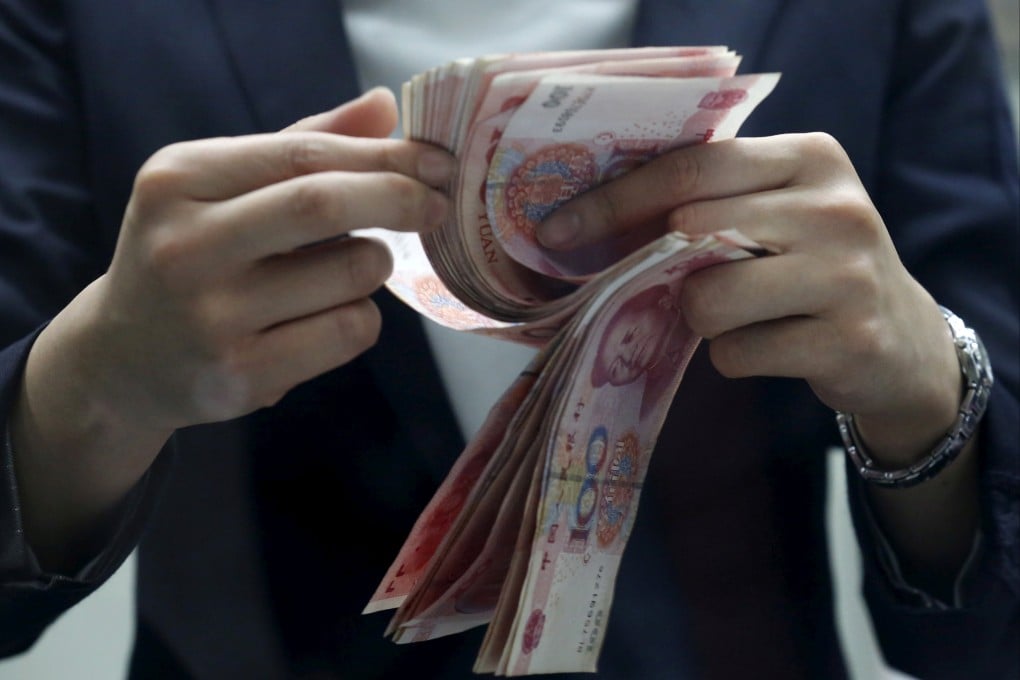Founder of P2P lender Tuandai.com sentenced to 20 years in jail for illegal deposit taking
- Tang Jun, who founded Tuandai.com, was sentenced to 20 years in jail and fined 51.5 million yuan for illegal fundraising
- The court decision came three years after Tang was arrested on charges of designing fake investment products and disturbing the financial order

Tang Jun, previously one of the key faces of peer-to-peer (P2P) lending in China, has been jailed for 20 years for illegal fundraising, after a three-year investigation into the sudden collapse of one of the largest P2P lending platforms in the country.
Tang, who founded Tuandai.com, was sentenced to 20 years in jail and fined 51.5 million yuan (US$7.37 million) for illegal fundraising, according to a stock exchange filing released on Thursday by Paisheng Intelligent Technology, which owned the P2P website before it collapsed in 2019 due to turnover problems.
The decision was made by the Dongguan Intermediate People’s Court, which also fined the Guangdong-based company 1.61 billion yuan for fundraising fraud, illegally absorbing public deposits, and manipulating the securities market.
Zhang Lin, a co-owner of Tuandai.com and former general manager of Paisheng, was also sentenced to 20 years in prison and fined 41 million yuan. Another 44 people were sentenced to various jail terms, ranging from one and a half years to 15 years for participating in financial crimes, according to the stock exchange filing.
The court decision came three years after Tang and Zhang were arrested on charges of designing fake investment products and “disturbing the country’s financial order”, along with another 42 people who worked at Tuandai.com.